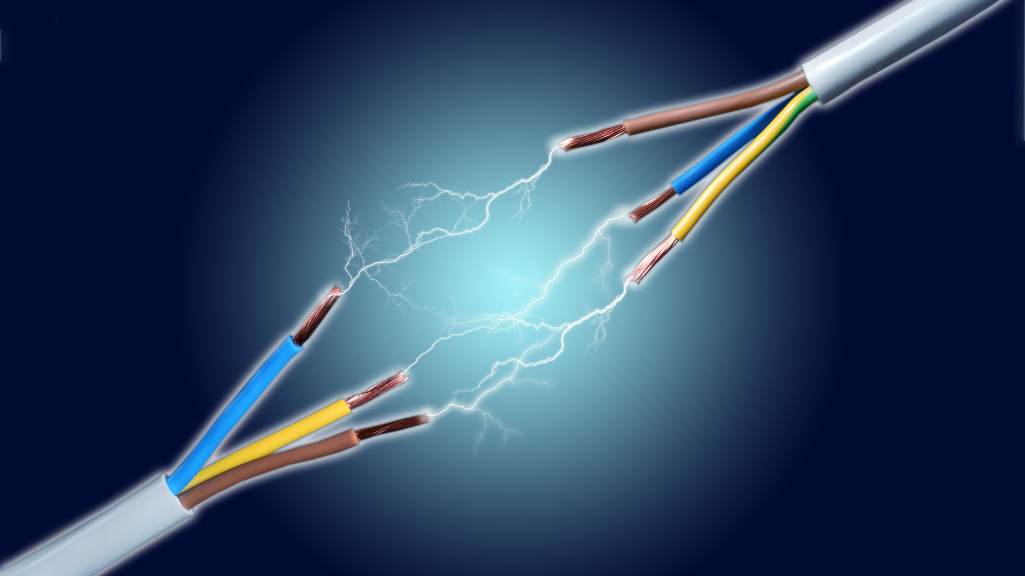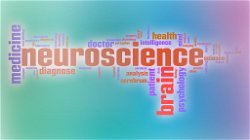Electricity: The Lifeblood of Modern Society
Devin Barton
. 2 min read
Electricity is an essential and ubiquitous form of energy that powers our modern world. From lighting our homes to driving technological advancements and enabling the smooth operation of various apps, electricity plays a pivotal role in multiple aspects of our daily lives. This article explores the fundamental aspects of electricity, including its generation, transmission, and utilization, as well as its profound impact on society, the environment, and the seamless functioning of a wide range of applications that rely on its steady supply.

Electricity as well as its Impact on Society and the Environment.
Electricity is a form of energy resulting from the flow of electric charge. It is characterized by the movement of electrons through a conductor, such as wires or circuits. The flow of electric charge is driven by a difference in electric potential, commonly referred to as voltage. This movement of electrons is harnessed to power a wide range of devices and systems.
Generation of Electricity: Electricity can be generated from various sources, including fossil fuels, nuclear energy, renewable sources, and more recently, emerging technologies. The most common method involves the conversion of mechanical energy into electrical energy through the use of generators. Steam turbines, hydroelectric dams, wind turbines, and solar panels are some of the technologies employed to generate electricity.
Transmission and Distribution: Once generated, electricity undergoes a complex network of transmission and distribution systems to reach end consumers. High-voltage transmission lines carry electricity over long distances, reducing energy losses during transmission. Substations step down the voltage to safer levels for distribution, and local distribution networks deliver electricity to homes, businesses, and industries.
Residential and Commercial Applications: Electricity serves a myriad of purposes in residential, commercial, and industrial settings. In homes, it powers lighting, appliances, heating and cooling systems, and various electronic devices. Commercial establishments rely on electricity for lighting, computer networks, machinery, and equipment operation. Industries utilize electricity for manufacturing processes, powering heavy machinery, and driving production lines.
Impact on Society: Electricity has revolutionized society by providing numerous benefits. It has transformed the way we live, work, and communicate. Access to electricity is closely linked to economic development, improved healthcare, education, and overall quality of life. Electricity enables advancements in various sectors, such as transportation, telecommunications, and entertainment, facilitating connectivity and enhancing productivity.
Environmental Considerations: The generation of electricity can have environmental implications. Conventional methods, such as burning fossil fuels, contribute to air pollution, greenhouse gas emissions, and climate change. In contrast, renewable sources like solar, wind, and hydropower offer cleaner alternatives with lower environmental impact. The transition to sustainable and renewable energy sources is crucial for reducing carbon emissions and mitigating climate change.
Future of Electricity: The future of electricity lies in innovation and sustainable practices. Advancements in energy storage technologies, smart grids, and decentralized energy generation are shaping the landscape of the power sector. Energy efficiency measures, adoption of electric vehicles, and integration of renewable energy sources into the grid are key focus areas for a cleaner and more resilient electricity infrastructure.
Conclusion
Electricity is an indispensable part of our modern world, driving progress, innovation, and connectivity. As we strive for a sustainable future, transitioning to cleaner energy sources and optimizing electricity usage will be critical. By embracing technological advancements and adopting responsible practices, we can harness the power of electricity while minimizing its environmental impact, ensuring a brighter and more sustainable future for generations to come.
More Stories from
Is There Evidence of Extraterrestrial Life? Exploring the Drake Equation and Controversial Discoveries
This article discusses the question of whether or not there is extraterrestrial life, and explores some of the evidence and theories surrounding the topic.
Differences between Intercoolers and Heat Exchangers: Understanding Process Cooling Equipment
This article explains the differences between intercoolers and heat exchangers, two types of process cooling equipment commonly used in industrial manufacturing processes.
Understanding AC and DC: The Fundamentals of Electric Power
This article provides a concise overview of Alternating Current (AC) and Direct Current (DC), the two fundamental types of electrical power.
The Mysteries of the Brain: Recent Discoveries in Neuroscience
From the brain's remarkable adaptability to the profound link between the gut and brain, explore the cutting-edge findings shaping our understanding of cognition and behavior.
Defense Advanced Research Projects Agency (DARPA): Pioneering Innovation in Defense Technology
This article provides a concise overview of the Defense Advanced Research Projects Agency (DARPA), its mission, and its key contributions to revolutionizing defense technology.






.png?width=40&aspect_ratio=1:1)

.png?width=40&aspect_ratio=1:1)




